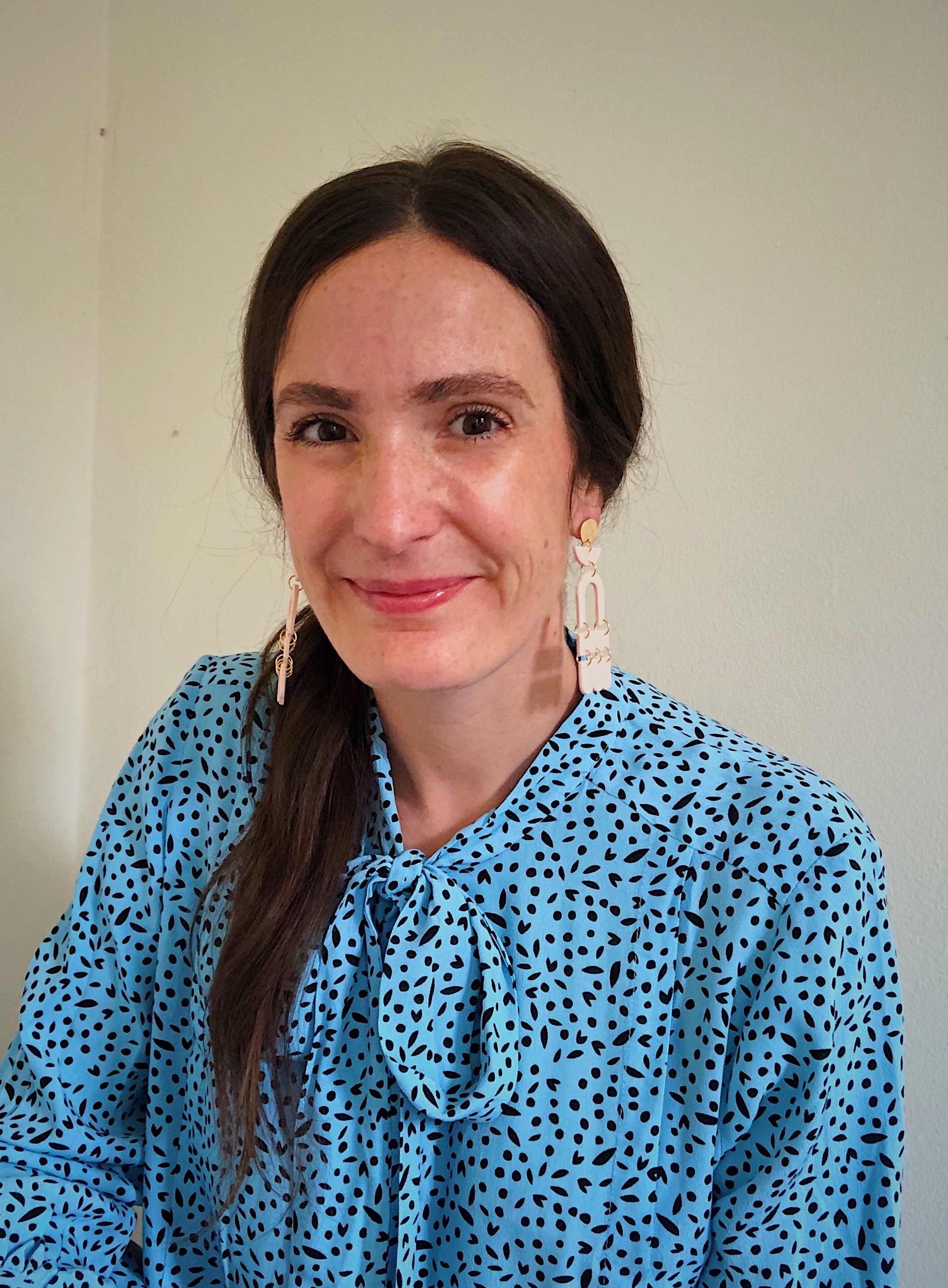Alexis Rider is a Ph.D. Candidate in the History and Sociology of Science. Her research, which is situated between the history of science, environmental history, and the environmental humanities, explores how ice has been used by naturalists and scientists to understand and imagine the deep past and future of the Earth. At Penn, Alexis' work has been supported by the Penn Program in the Environmental Humanities, the GAPSA-Provost Award for Interdisciplinary Innovation, and now, the Wolf Humanities Center. Beyond Penn, the National Science Foundation, the Smithsonian Institute, the Linda Hall Library, and the Consortium for Science Technology and Medicine have supported her work. In addition to her academic writing, Alexis engages in artistic collaborations that explore environmental, particularly cryospheric, change. Alexis completed her MA at the New School in New York, and her BA in English Literature and Philosophy at Victoria University, New Zealand, which is where she is from.
Alexis Rider
Wolf Humanities Center Associate Scholar
2020—2021 Forum on Choice
Alexis Rider
Ph.D. Candidate, History and Sociology of Science
A Melting Fossil: Ice, Life, and Time in the Cryosphere, 1840-1980
Grounded in environmental history and the history of science, A Melting Fossil examines the emergence of ice as a scientific instrument for understanding and visualizing Earth’s deep past and future. Integrating histories of glaciology, geology, climate science, and popular culture, I show that ice has played an essential and historiographically overlooked role in situating the planet in a more-than-human timescale. Five historical episodes trace how disciplinary attention to ice passed from geomorphology to geochemistry, just as perceptions of the cryosphere as dangerous gave way to concerns over its fragility. I use ice to argue for greater attention to the material and discursive production of environments, and to emphasize the connections between scientific knowledge-making and cultural imaginaries when conceptualizing spatially and temporally expansive environmental change.



